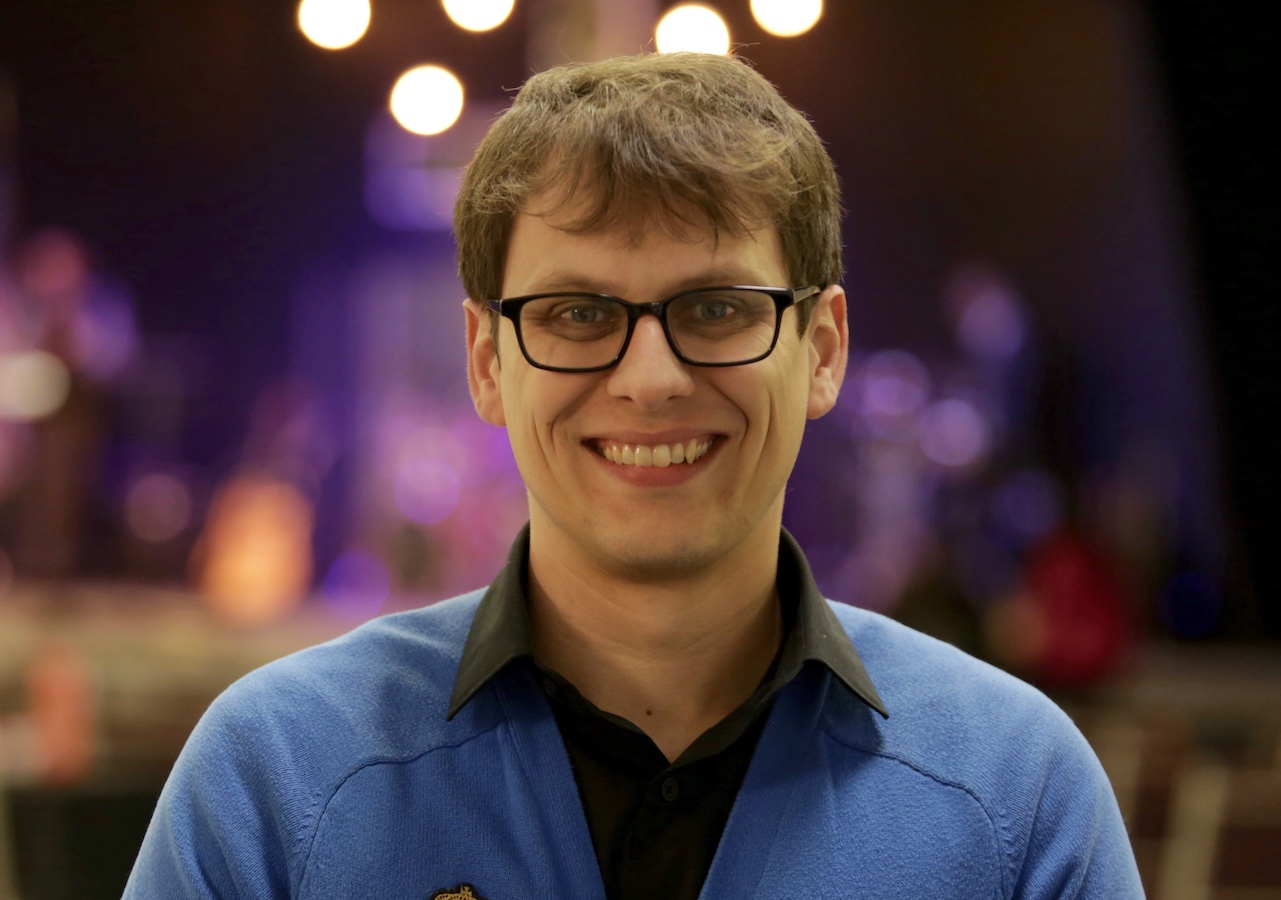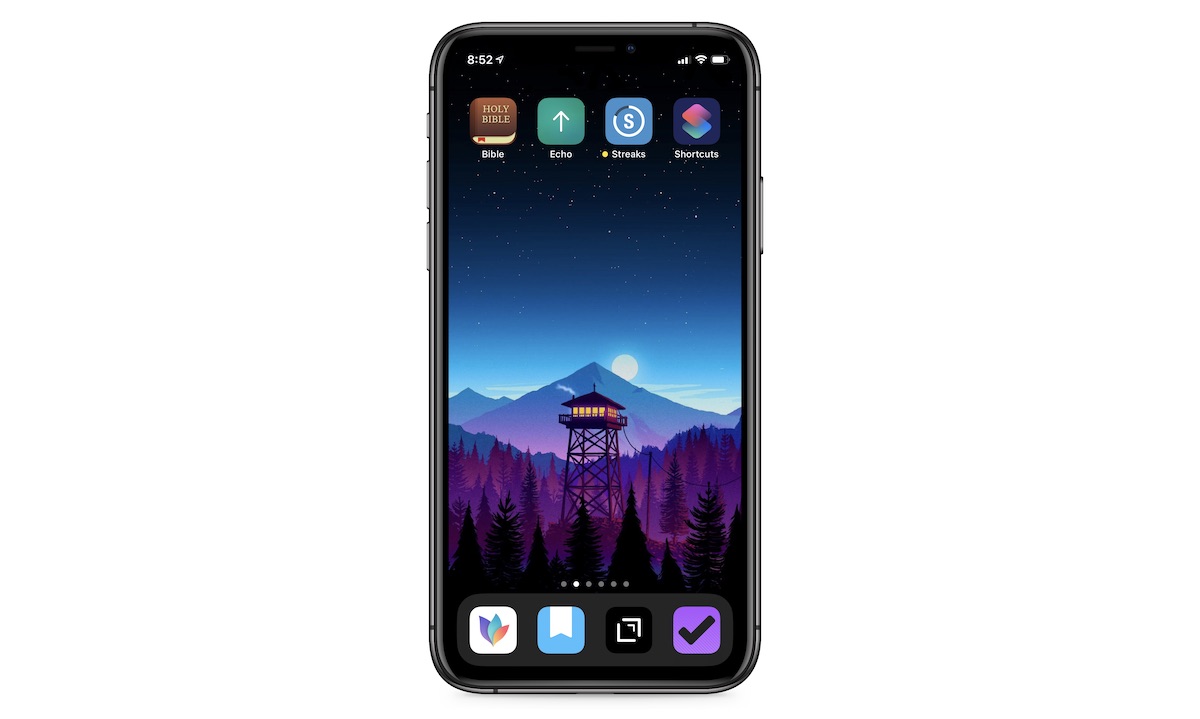How Mike Schmitz Changes the Email Rules by Removing it From His Phone
In this Mindfulness Monday post, Executive Editor Mike Schmitz shares his moment of clarity with intentional technology use and how he continues the fight to shift expectations around email.
I’m Mike Schmitz, Executive Editor here at The Sweet Setup and co-host of the Focused and Bookworm podcasts.

I’ve asked quite a few people to share their own mindful approach to their technology here over the past several weeks, and I figured it’s about time I join them.
Must-Have, Most-Used Apps for Thinkers
We spend an inordinate amount of time sorting through hundreds of apps to find the very best. Our team here at The Sweet Setup put together a short list of our must-have, most-used apps for writing, note-taking, and thinking.
What sort of boundaries or intentional constraints (i.e. rules) have you set up around how you use your technology?
I have a couple of hard and fast rules that apply to my iPhone in particular:
- no email
- no social (except Twitter, most of the time)
I look at my Screen Time data every week to make sure I’m not spending more time on Twitter than I think I am. When my daily use occasionally creeps up over 20 minutes per day, I force myself to delete it off my phone. It’s my way of fighting back in an effort to break the twitch and redefine my defaults. When I recognize that something has a pull on me, I try to push back and replace it with something I consider to be a more positive technology use.
What does your phone home screen look like? How has the application of your intentional constraints shaped what shows up here?
I intentionally leave my home screen pretty blank because I want to limit what I see whenever I unlock my iPhone.

Even though everything else is available on the next screen(s), that additional swipe required to access it introduces an additional layer of friction. It gives me another moment to catch myself before I go do something mindless. It seems too insignificant to make any difference, but it’s helped me curb my unintentional phone use significantly.
As you apply intentionality to your use of technology, what are some examples of what you consider to be net positive technology uses?
I’ve spent quite a bit of time thinking about what I consider to be positive uses of my technology. Here’s my list for my phone:
- Bible reading (YouVersion Bible app)
- Prayer (Echo)
- Habit tracking (Streaks)
- Mind mapping (MindNode)
- Journaling (DayOne)
- Capturing ideas (Drafts)
- Meditation (Headspace)
- Practicing Spanish (Duolingo)
Most of them are on my home screen.
On my iPad, the list is a little different:
- Writing (Ulysses)
- Mind mapping (MindNode)
- Drawing/sketching (GoodNotes
- Podcast editing (Ferrite)
- Playing guitar (you can read about my setup here)
I try to use my devices for specific purposes. For example, my iPad is for creating, but most of my day-to-day work happens on my Mac.
What was your tipping point, the moment when you decided you needed to do something about your technology defaults?
It was several years ago when I was working on a development project with the family business. We were working with a development team of people all over the world, and I was managing the project so I’d get messages and emails at all hours of the day (and night).
I remember I had just gotten home from a long day at the office. I walked in the door and said hi to my wife and kids… and then immediately checked my email. When I did, I cam across a message from one of the developers about a roadblock they had hit and the news that we couldn’t build the thing we were building the way we wanted to build it. Suddenly, my “quick check” had turned into 3 hours of messaging back and forth with the team, trying to find a solution.
When I finally put my phone away, I realized the problem still wasn’t solved. It was now just about bedtime for my kids, and I had wasted precious hours with them… and accomplished nothing. It dawned on me that I needed better boundaries to keep work at work, and immediately removed email from my phone.
As you’ve changed your technology habits, what are some of the things you’ve had to learn to work around or live without?
The biggest thing for me is redefining the rules regarding email communication. I use the excuse of not having email on my phone to gain leverage, but this still took a while to get used to. Ultimately what won me over was recognizing that I don’t want to be known as the guy who was always quick to get back to people who emailed. I’d much rather be the guy who makes awesome stuff, and I realized that I had to pick one that was more important. I know there are consequences with this approach, and I’m okay with that. I realize I can’t please everyone, but I’d rather disappoint the person in my inbox than the man in the mirror.
I understand why people bristle at the idea of deleting email off their mobile device — the unwritten assumption is that you are able to be reached anytime, anywhere. It’s difficult and uncomfortable to push back against those expectations, but IMHO it’s extremely important. My dad has a saying he uses all the time: when pain is sufficient, change will come. For me, the pain of realizing that I was being robbed of my focus and attention was greater than the pain of ticking people off by not responding right away. Email is a todo list that other people can add to, and my way of pushing back was to say “I don’t have email on my phone, so I can’t do anything about it until I get back to my computer.”
It took a while, but I have gradually shifted expectations with the people I correspond with. They know I won’t always respond right away, but I will get back to them. Occasionally I meet someone new and they are kind of frustrated when I take more than a day to respond, but as long as I’m clear about the rules of engagement from my end, they’re usually okay with it.
That being said, I still fight the urge to check email. It’s a bit of a pain to login on the web without an email app, and that’s enough to keep me from doing it very often. But the temptation is still there.
What app (or service) has the strongest pull towards getting you to go back to the way things were? And how do you deal with it?
I admit I walk a dangerous line with Twitter. I only check it a couple of times per day, but I have completionist tendencies and want to see everything when I do. A lot of the people whose work I follow online I read/listen to/watch because of Twitter. But I also know it has limited value for me. I don’t need to read about 16 different reactions to the new iPhone, so I select a couple of sources and ignore the rest. I work hard to keep the people I follow to a minimum so that I don’t have a mountain of messages to comb through when I do open up the app, but this is a constant struggle for me to keep my feed as lean as possible.
Occasionally, I’ll find a reason to install another social app, but I try to delete them when I’m done as fast as possible. I’m never on Facebook (except for certain Facebook Live events), but I admit that Instagram draws me. If there’s one app I can get sucked into, it’s Instagram. I also recognize I tend to look at Instagram, but never post anything myself. For this reason, I keep it off my phone.
What’s your best advice for the person who is trying to change how they use their technology to be more intentional?
Consider your default behaviors. What things have a tendency to suck you in and cause you to do something you don’t feel great about after the fact? Spending eight hours watching Netflix is fine as long as you intend to spend eight hours watching Netflix. It’s the times when we want to do one thing and end up doing another that’s the problem. If you spend a little bit of time thinking about your default behaviors, you can create barriers and boundaries to help you stay on the right track.
Must-Have, Most-Used Apps for Thinkers
We spend an inordinate amount of time sorting through hundreds of apps to find the very best. Our team here at The Sweet Setup put together a short list of our must-have, most-used apps for writing, note-taking, and thinking.
